The Community Phages team
-
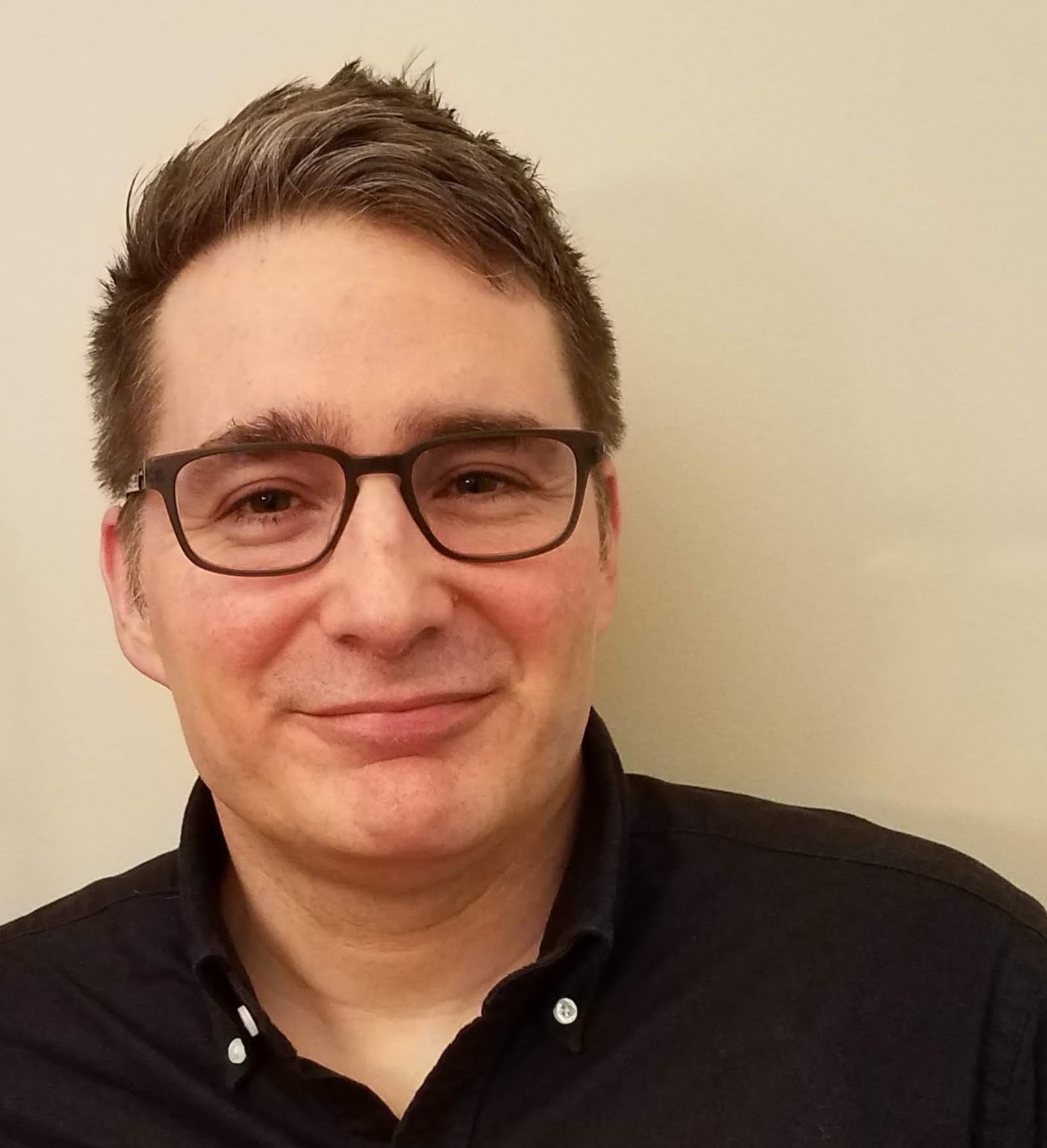
Tom Bernhardt
Professor - Department of Microbiology
I have had a long interest in phages dating back to my graduate studies at Texas A&M University. There, I investigated the mechanisms by which phages lyse (blowup) their bacterial hosts to release progeny viruses so that they can go on to infect new hosts. Over the years, my lab has mainly focused on studies of bacterial cell biology and cell surface biogenesis. However, in recent years we have begun studying phages of corynebacteria and using them to help us understand how this class of bacteria grows. I am excited to work with you on the identification and characterization of new corynephages from the environment. There is great potential in this work to develop new tools for our studies and to discover new biological mechanisms.
-
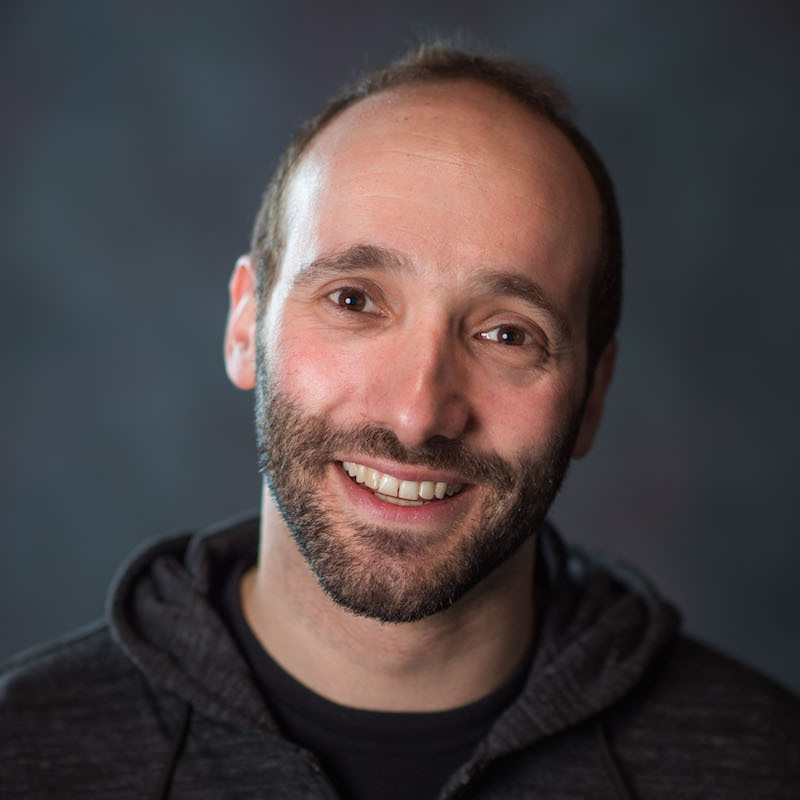
Michael Baym
Associate Professor - Department of Biomedical Informatics and Microbiology
I came to phages from a longstanding interest in bacterial evolution, particularly in the evolution of antibiotic resistance. I’m interested in both phages that can be used to kill antibiotic resistant bacteria and the role they play in the spread of the genes that cause antibiotic resistance. I am excited for you to discover phages that affect the horizontal transfer of genes between bacteria, and to potentially use those phages and the biology we learn from them to better address antibiotic resistance.
Email: baym@hms.harvard.edu
-
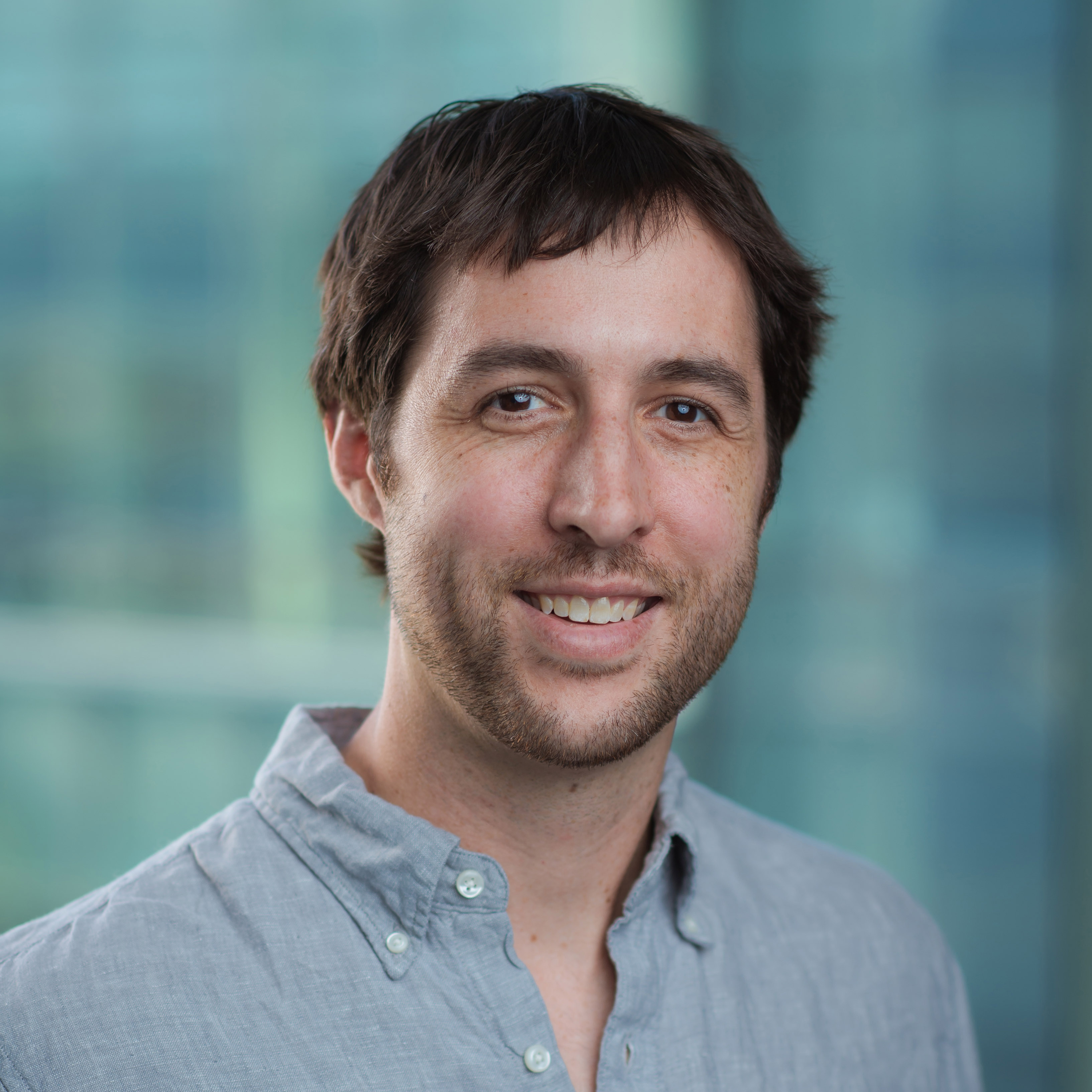
Philip Kranzusch
Professor - Department of Microbiology
I am interested in how cells sense and defend against viral infection. My lab uses biochemistry to study how human cells recognize viruses and how bacteria detect replication of phages. We have been surprised to learn from our research that these processes are closely related, and human cells and bacteria use similar mechanisms to resist virus replication. I am excited to work with you to identify new phages and discover how bacteria and phages can teach us more about human immunity.
-
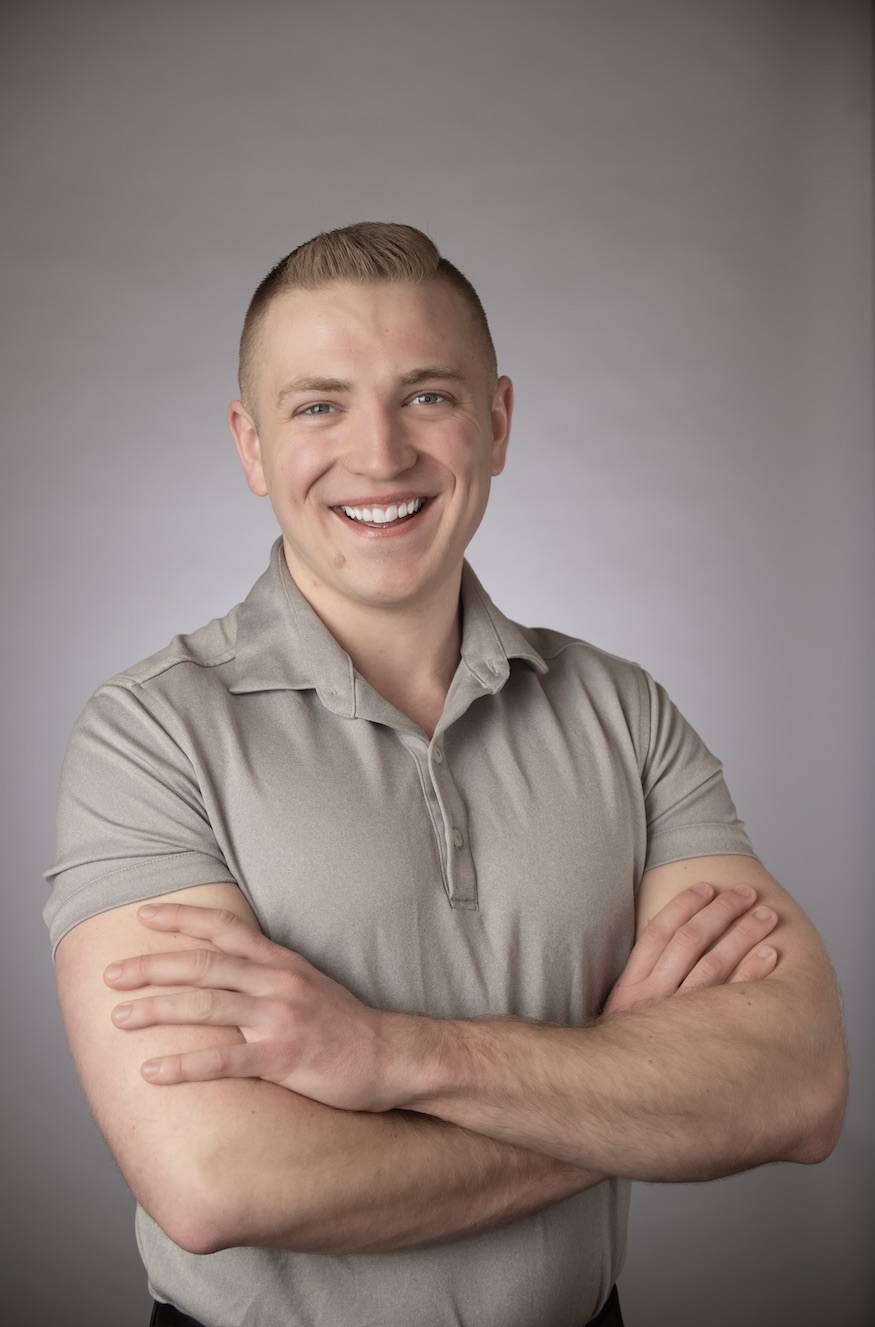
James Spencer
Lab Manager - Bernhardt Lab
As a former bench scientist and current lab manager, it’s my goal to create and maintain an environment that makes your experience in the lab as safe, seamless, and productive as possible. I find fulfillment in ensuring that we will have everything we could need to make the science happen, both at the bench and behind the scenes. I am excited to see the great work that you’ll be able to do during your time in this program.
-
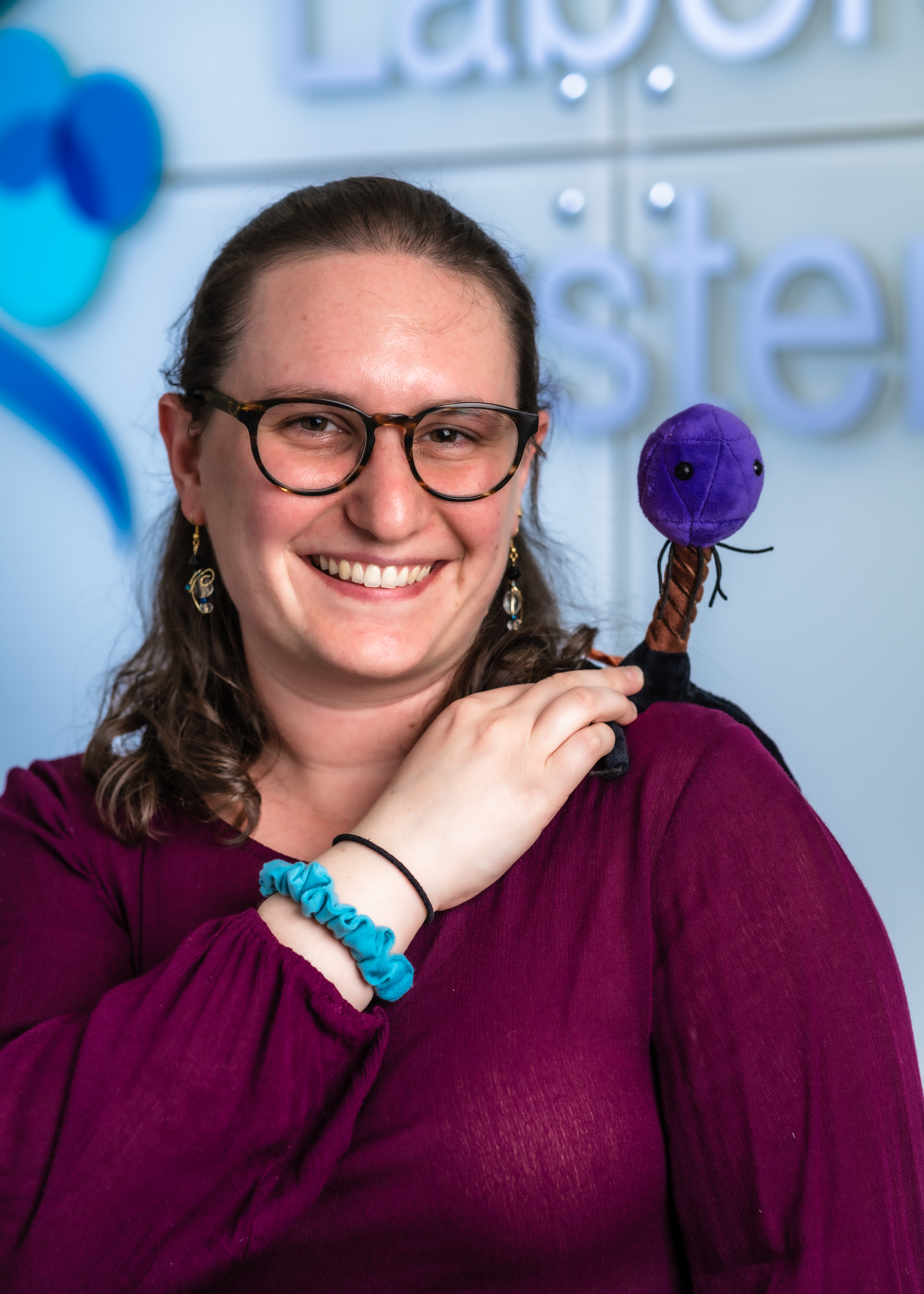
Ellie Rand
Lead Instructor
I recently completed my PhD in the Baym lab and am fascinated by the diversity of microbes in the environment. For my PhD project, I developed a novel method to isolate environmental phages that will hopefully be useful for ecological and clinical research in the future. I love exploring new samples, and I can’t wait to see what we find this summer!
Email: eleanor_rand@g.harvard.edu
-

Arushi Lahiri
Graduate Student – BBS Program
I’m really interested in ways phages innovate new strategies to escape host defenses. I think it’s particularly exciting how bacteriophages have stark parallels with eukaryotic (human!) viruses—we can learn so much about human immune signaling pathways by studying these entities. I’m really excited to work together and uncover cool new biology!
-
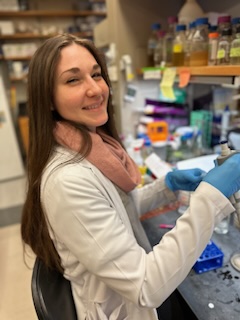
Anastacia Parks
Postdoctoral Fellow – Bernhardt Lab
Hi! I am a graduate of Manatee Community College in South Florida. I know first-hand what it is like to be interested in science, but overwhelmed of how to get started in understanding career options and routes to take for a career in science! I love sharing my experience of going from community college to working as a postdoctoral fellow at Harvard Medical school, and I am excited to work with you as you start your journey through college and getting to know science! Scientifically I am interested in how bacteria digest the foods they eat, and how they use this fuel to grow.
-
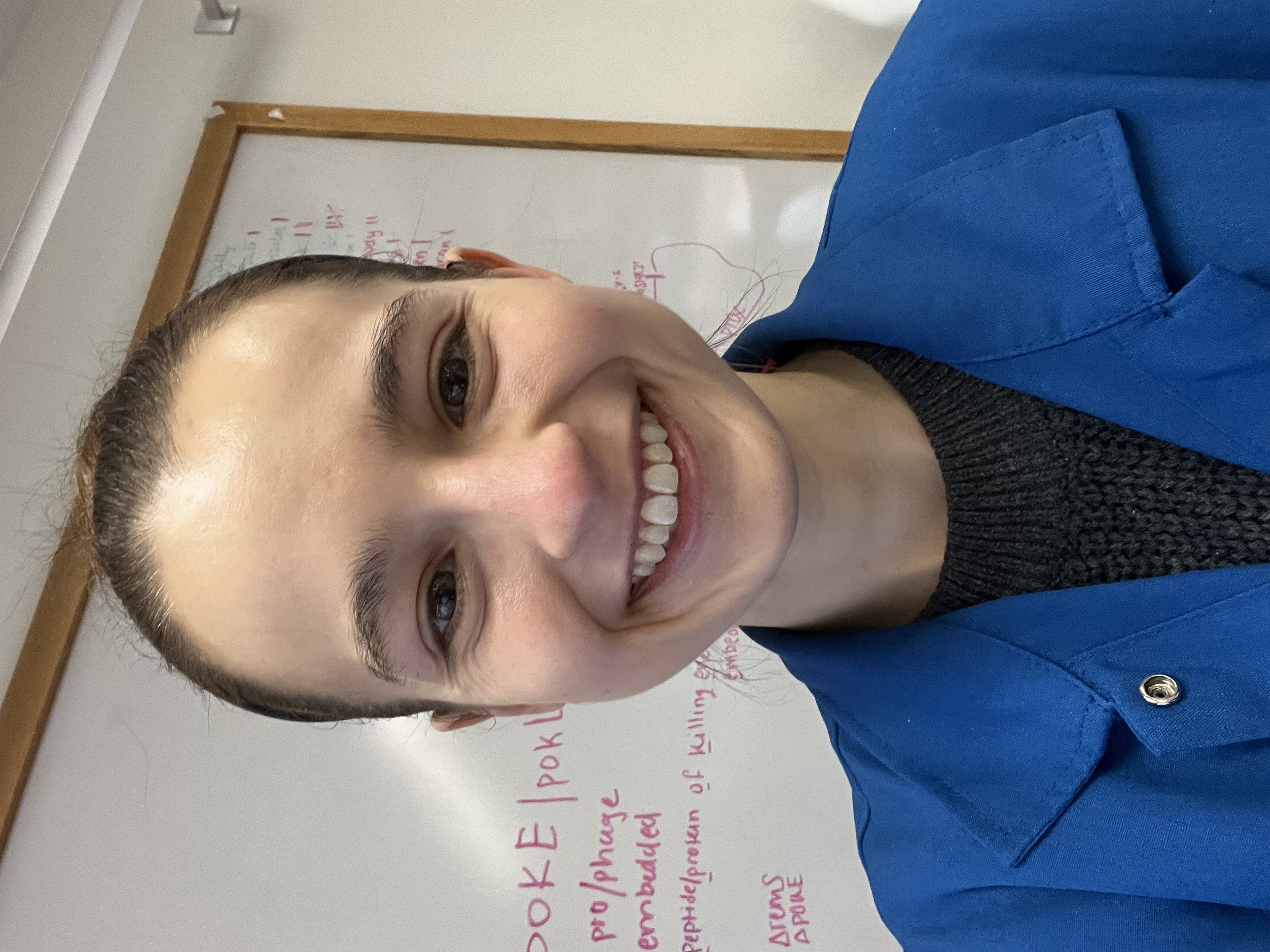
Molly Sargen
Instructor
I am fascinated by bacteria and all the intricate systems they use to survive as single cells. I am particularly interested in understanding how prophages, bacterial viruses that integrate in bacterial genomes, co-exist with each other and their bacterial hosts. During my PhD I studied prophages in Salmonella and the anti-phage defense systems they encode. I am excited to learn more about new phages!
Email: mollysargen@g.harvard.edu
-
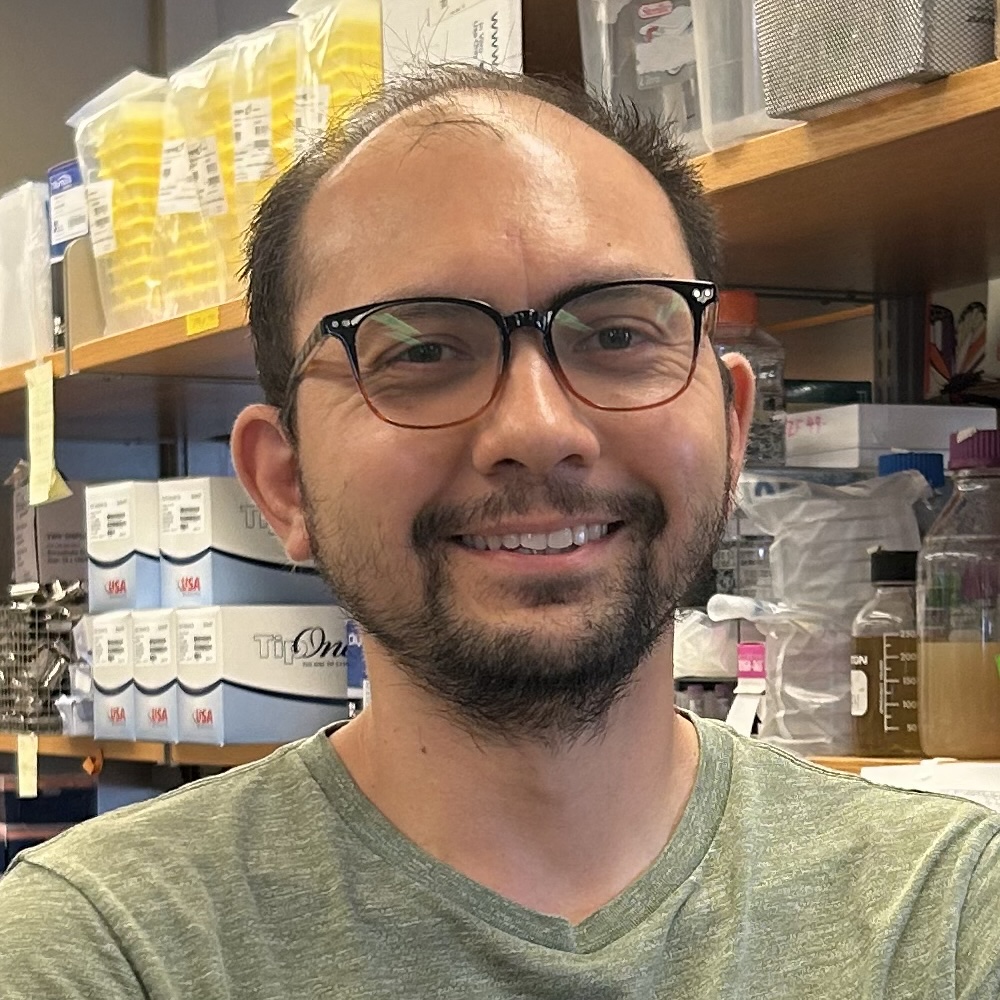
Kristopher Kennedy
Postdoctoral Fellow – Hochschild Lab
Many years ago, I was a struggling student at Pierce Community College in Los Angeles. One of my professors urged me to join a summer research program similar to Community Phages. At the time, I didn’t understand what I was signing up for or why my professor was so insistent that I try it out. But I had so much fun learning how to conduct experiments that summer, that I began taking my education seriously enough to pursue a science career. Nowadays, I’m a postdoctoral researcher trying to figure out how bacterial cells and their viral adversaries (phages) handle errors in protein production. Understanding how organisms deal with different types of protein errors may inform us about the evolution of cellular life and have important implications for human health and disease. This summer, I’m excited to join you, assist you, and learn alongside you in your hunt for new phages!
-
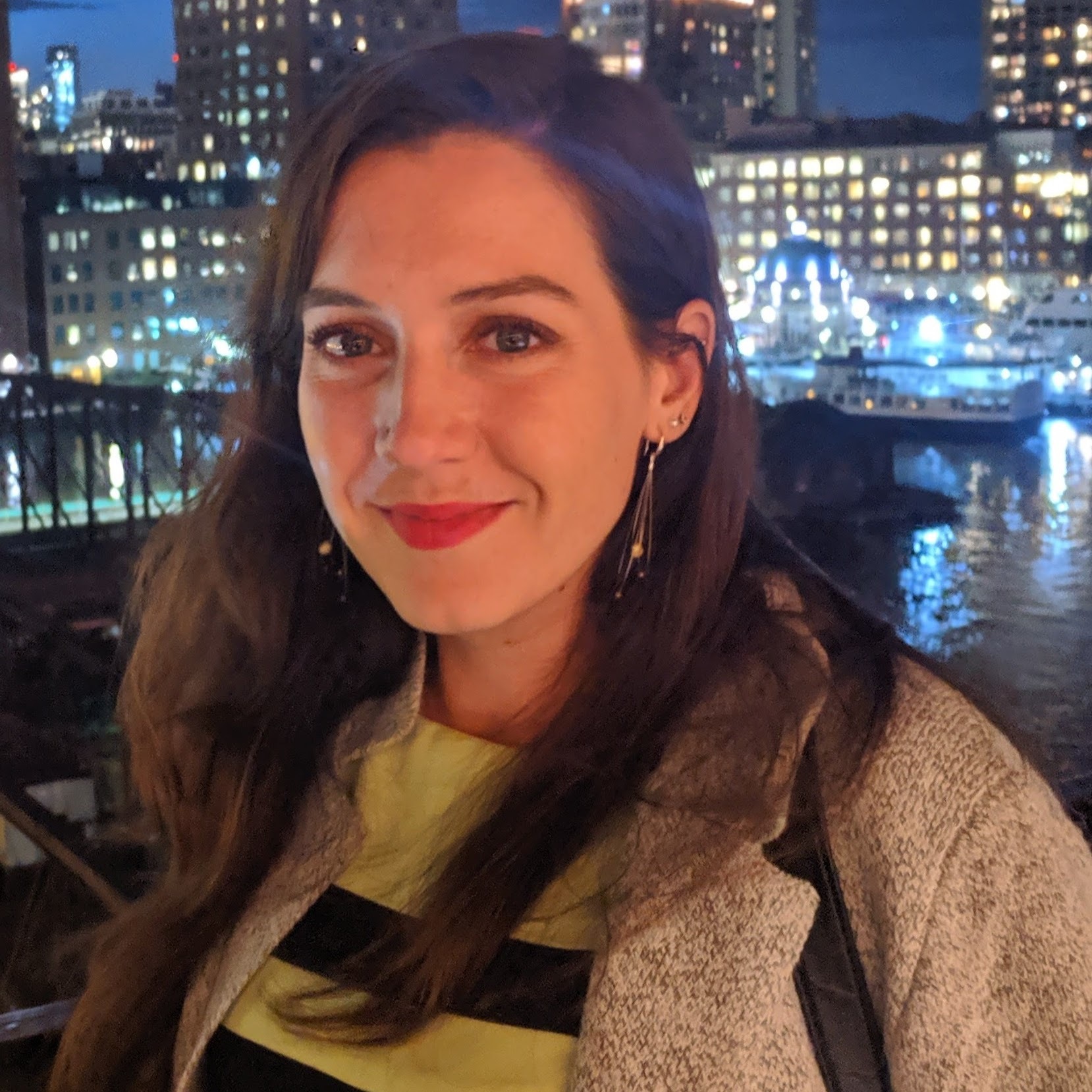
Amelia McKitterick
Postdoctoral Fellow - Bernhardt Lab
I am interested in understanding how phages interact with their host bacteria to gain control during infection, and how this knowledge can teach us about the special ways different bacteria grow and divide. I think through studying phages, we can ask big picture questions about bacterial and pathogen evolution as well as microbial community dynamics that can teach us more about the larger world around us. I am also passionate about sharing my love of research with others and can’t wait to spread the joy of lab work to a new set of researchers.
-
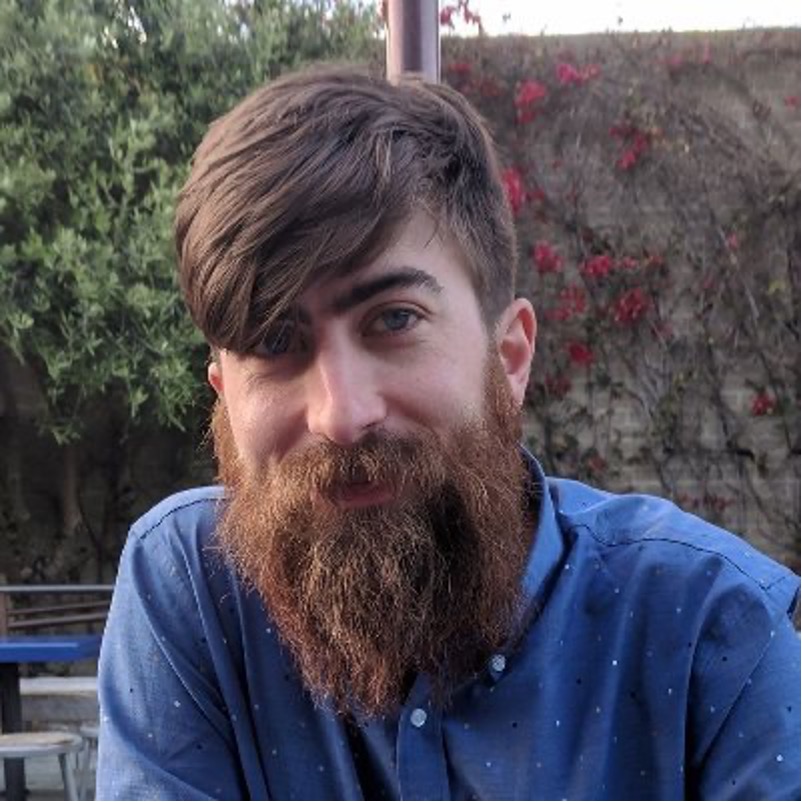
-
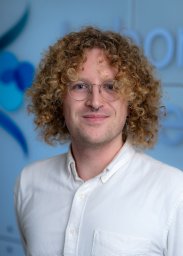
-
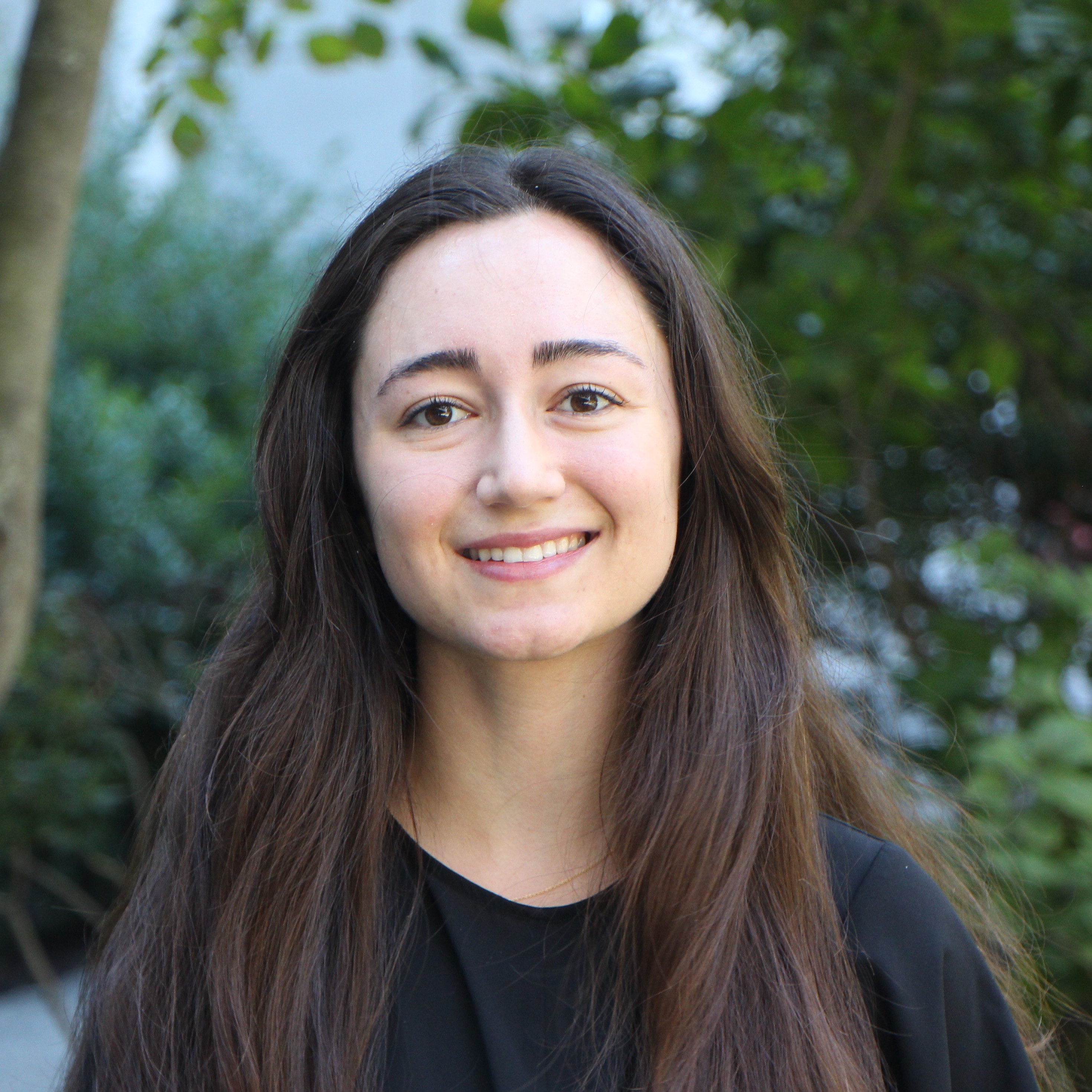
Liana Merk
Graduate Student - Eddy lab
I am interested in the intersection of mobile genetic elements, particularly mobile structured RNAs and the phage genomes they inhabit. I am excited to work with you to discover new phages and use the powerful tools of bioninformatics to uncover the secrets of their genomes.
Email: lianamerk@g.harvard.edu
-
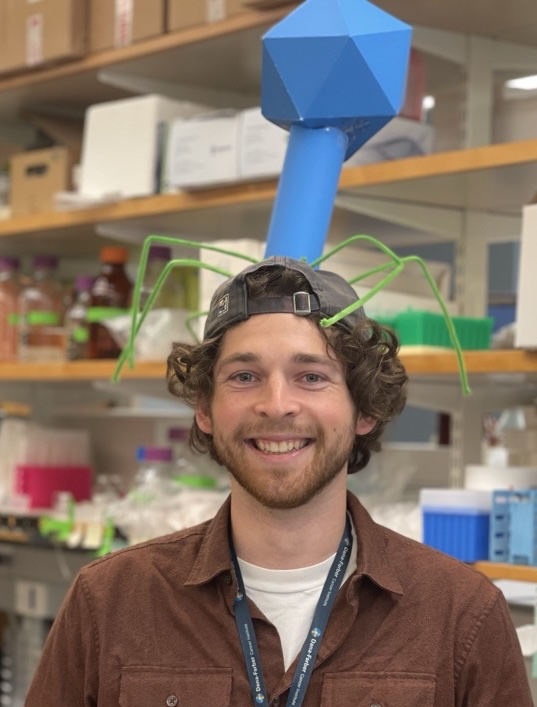
Doug Wassarman
Postdoctoral Fellow - Kranzusch Lab
I am interested in studying how cells defend themselves from viruses and the ways that viruses avoid these defenses. Some of our very own immune pathways and some of the most important biotechnologies can be traced back to the evolutionary battle between phages and bacteria. I am excited to work with you to identify new phages that can teach us about the innovative strategies bacteria and phages are using against one another.
Diversity and Equity Mission
Community Phages is committed to providing an engaging and immersive research experience. We recognize that there have been systemic injustices in the historical distribution of scientific research opportunities and support. Thus, we strive to facilitate an equitable and inclusive environment in which all students may feel supported and provided with opportunities to flourish.
Acknowledgments
The Community Phages program was inspired by the HHMI SEA-PHAGES program. Protocols and materials have been adapted or reproduced with permission. We are grateful to Viknesh Sivanathan from HHMI for assistance in the conception and funding of this program.